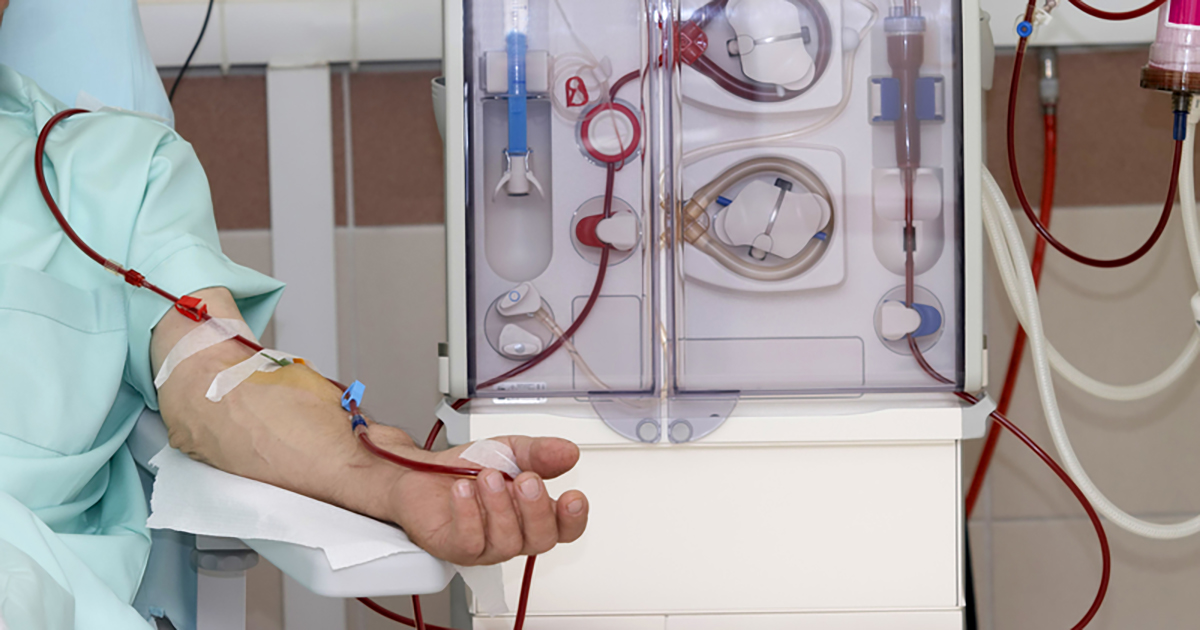Options For Treating Hyperoxaluria And Oxalosis
Kidney Dialysis

When individuals have one of these conditions, they might end up needing kidney dialysis at some point. This treatment performs some of the kidney's job by removing toxins from the blood and removing excess fluids. It is possible the kidneys will eventually not be able to function properly because of the production of oxalate in the body. Dialysis will help patients process some of the oxalate. However, this is a temporary solution to the problem. If the kidneys are damaged due to the oxalate production, dialysis will not be able to keep up. This is especially true when patients have the genetic form of hyperoxaluria. The only permanent solution to the problem is a kidney transplant. A kidney and liver transplant may also be required. These transplants can potentially come from a living donor, which will reduce the need to go on a transplant list.
Keep reading to reveal more options for treating hyperoxaluria and oxalosis now.